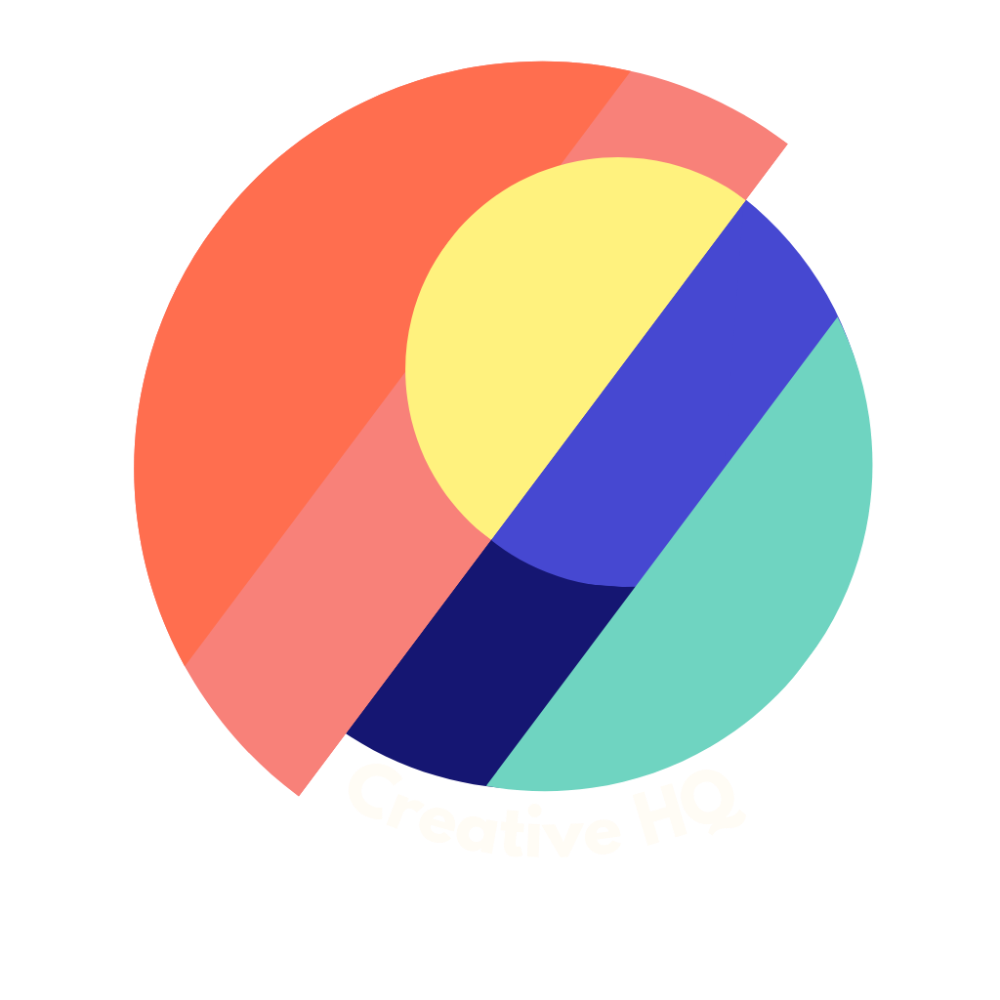Is it OK to be me? The Human Brand Revolution: Why Your Story Is Your Superpower
Sep 18, 2025
"Is it okay to be me?"
That question appeared in our clinic chat, and frankly, it's the kind of existential terror that would make Sartre reach for a stiff drink.
Here we are, creative professionals asking permission to exist authentically while simultaneously hoping our LinkedIn posts don't sound too much like we wrote them at 3am in our pyjamas.
Which, let's be honest, we probably did.
Meanwhile, AI can knock out an entire production company brand faster than you can say "authentic storytelling."
The irony would be delicious if it weren't so terrifying.
Welcome to the human brand revolution.
The ChatGPT Wake-Up Call
One of our producers tried something terrifying: they asked ChatGPT "Should I hire Bill?"
The results were not great.
Then they updated their LinkedIn properly and ran the test again.
Suddenly, ChatGPT delivered an accurate professional profile.
Think about that.
People aren't just Googling you anymore. They're asking AI whether you're worth hiring, working with or investing in.
"Instead of Googling you and putting your name in, they're going to ask AI a more specific question, like, is he any good? What's he done? Should I hire him for this project?"
Your brand isn't what you think you're projecting.
It's what AI finds when it scrapes the internet for information about you.
The Multiple Personality Disorder of Modern Producing
The fragmentation is real and it's spectacular.
One producer captured it perfectly:
"It feels very disjointed... Like, am I building a studio? Or am I a ragtag content creator online?"
We're all wearing multiple hats, terrified they don't match: LinkedIn thought leader by day, TikTok satirist by night, serious filmmaker when the money calls.
It's exhausting, and frankly, it's making us all a bit mad.
But here's the revelation from our clinic: the thread connecting everything isn't some perfectly crafted brand strategy.
It's you.
Your actual voice, perspective, and purpose threading through everything you do.
The Vision-Mission-Purpose Framework
Our producers worked through an exercise to dig out that common thread: The mission- vision-purpose framework.
Let’s look at an example: one of our producers is working to connect youth groups to professional media production.
When we dug deeper into their "why," we uncovered layers:
Vision: What changes in the world if your work succeeds?
Mission: What are you actually doing this year to achieve that vision?
Purpose: Where did this all come from? What's your origin story?
The surface answer: helping young people get media experience.
The deeper vision: preventing creative industries from losing the most prolific creators in human history to passive AI consumption.
That's a brand story worth fighting for.
The AI Threat Is Your Opportunity
Here's the uncomfortable truth nobody's discussing at industry drinks: we're raising a generation that asks AI what to wear, who to date, and what to study.
We're not just outsourcing our creativity; we're outsourcing our independent thought.
As one producer put it:
"If we turn ourselves into nothing more than passive consumers of AI-generated content, we lose our humanity."
This isn't hyperbole.
This is Tuesday.
Every time we let ChatGPT write our emails or Instagram captions, we're doing cognitive push-ups in reverse. MIT has the studies to prove it, though frankly, common sense might have sufficed.
Your brand differentiation used to be your reel or your website.
Now it's your humanity.
Your Brand Survival Kit
Multiple Brands, One Voice: You can run multiple brands without suffering complete identity fragmentation.
Different aspects of your personality serving different professional goals isn't inauthentic, it means you have range.
The ‘Why’ Ladder: Keep asking "why" until you hit the real reason you get up in the morning to do this work.
The surface need (money, distribution, validation) is just that: surface.
The human purpose that separates you from ChatGPT sits at the bottom of that ladder.
Final Thought
AI can produce vanilla content instantly.
What it can't produce is your specific lived experience, your unique perspective on industry problems, or your personal mission to change how stories get made.
The producers who'll thrive aren't those with the most polished brands. They're the ones with the clearest sense of why they're human creators in an AI world, and the courage to communicate that purpose consistently across everything they do.
Stop asking if it's okay to be you.
Start asking: which parts of my human experience and insight do I want to share right now?
